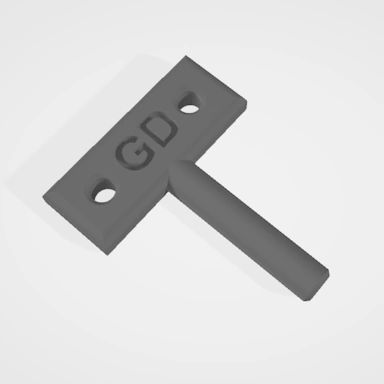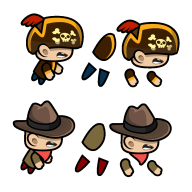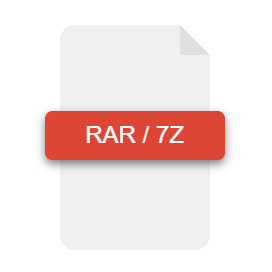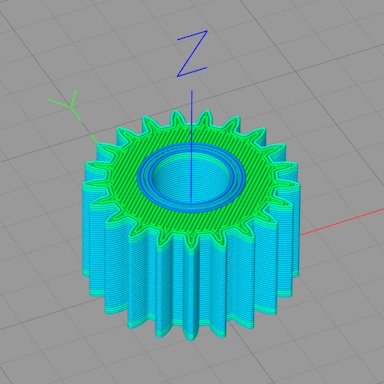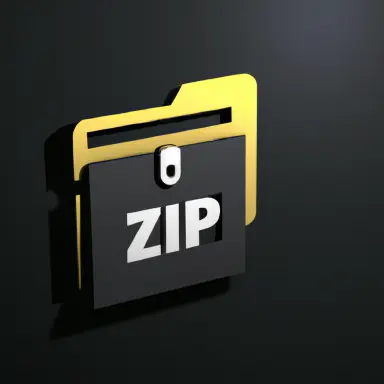STL file format information
The STL, or Standard Triangle Language, file format has been around since the '80s and is supported by most modern 3D modeling applications. In particular, the STL format has become something of a standard format within the area of 3D printing, despite the rise of more modern formats such as 3MF.
STL files come in two flavors: binary or text format. The text format is human-readable, making it easy to perform manual edits, but can lead to very large file sizes. As you can imagine, the binary format is much more compact and represents the majority of the STL files you are likely to encounter.
The format itself is very simple; the 3D model is represented by a sequential list of triangles, with each triangle defined with 3 points consisting of their X, Y, and Z positions, along with an additional vector that contains the face normal (the direction the face is pointing). There is an additional attribute block for each triangle; however, this is largely unused and thus unsupported.
Repairing a STL File
STL 3D Model File Header Data
As is common amongst 3D model file formats, STL file formats may contain data within their header to help identify the type of file should the filename extension prove to be inaccurate or missing. With the header data from the STL 3D model file, we are able to determine core information such as object count, vertex count, faces, textures, and other information, which can then be used to check the validity of the file.
Vertices, Faces and Geometry
This data forms the core element of any STL model and, if damaged, cannot be easily recovered. Our STL repair tool will try its best to repair and reconstruct any 3D model file it detects to be missing geometric data.

